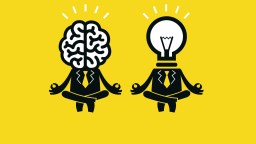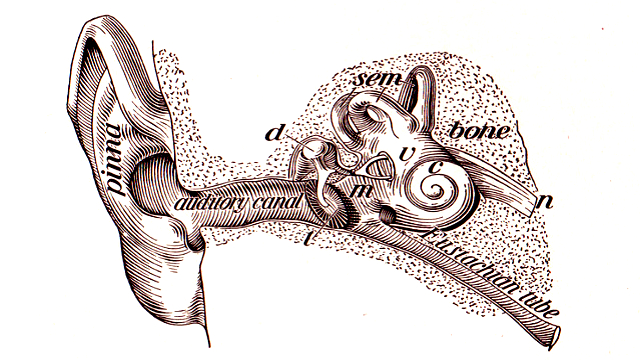Neuroscience Will Train Your Brain to Better Focus, Stave Off Procrastination

Shutterstock
How lousy is your attention span? If you’re anything like Caroline Williams, focus has never been your strong suit. Williams has a piece up over at BBC Future about efforts being made by neuroscientists around the world to treat mental restlessness. The brain, after all, is really quite malleable (though not literally, so don’t get any wild ideas).
Williams visited the Boston Attention and Learning Lab to get herself assessed for continuous concentration issues. Mike Esterman and Joe DeGutis, two of the Lab’s neuroscientists, have spent a decade studying brain focus and developing a workout for folks like Williams, who scored well below average on their initial evaluation. The idea behind their treatment is as follows, described by Williams:
“Their training programme targets the brain’s ‘dorsal attention network’, which links regions of the prefrontal cortex – the bit of the brain above the eyes that helps us make decisions – and the parietal cortex, the ‘switchboard’ for our senses, which is above and slightly behind the ears. The dorsal attention network is the part of the brain that springs into action when we are deliberately focusing on a task, and if it is to work for any length of time, activity in what’s known as the default mode network – responsible for mind-wandering, creativity and thinking about nothing in particular – has to be turned down.”
Williams’ piece is long, difficult to concisely summarize, and you’d probably be best served just heading over there (via the link below) and giving it a read. What’s important to note though is that she came away from her experience feeling more focused than ever. The training program worked for her. It’s only a matter of time before it becomes available to you.
There is a quiet science behind procrastination. According to recent studies, procrastination is a learned habit. Your brain associates a daunting task, such as an essay, taxes, or talking to mean looking waiters at a new restaurant, with pain and failure. From then on, it’s telling you, no, don’t do this task. It’s a part of evolution that kept us safe for hundreds of years. Now it keeps us from turning in our work. By following some careful steps, we can break down tasks that we may typically procrastinate, and make each step a lot easier to handle.
Dr. Antonio Damasio discusses the reason we have brains. We have brains because they optimize our bodies’ survival. Meanwhile, the body itself is the border in the translation service that will allow the outside world to come into the brain.
Read more at Columbia Spectator
Read more at BBC
Photo credit: CandyBox Images / Shutterstock





